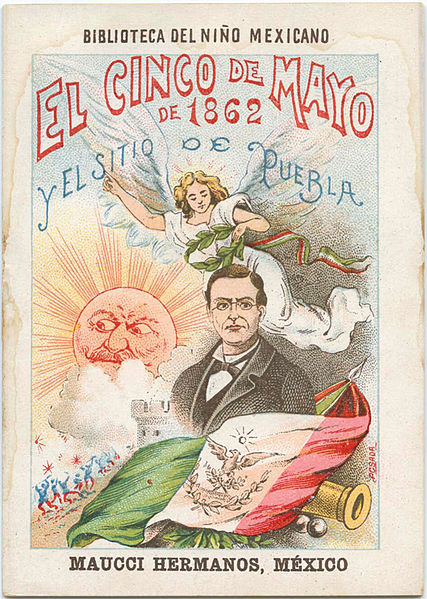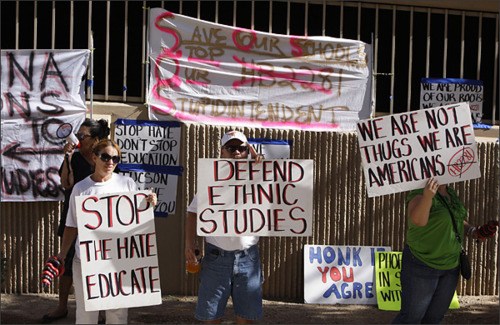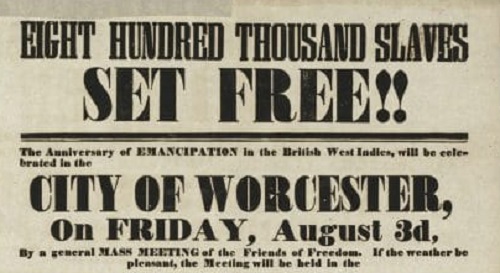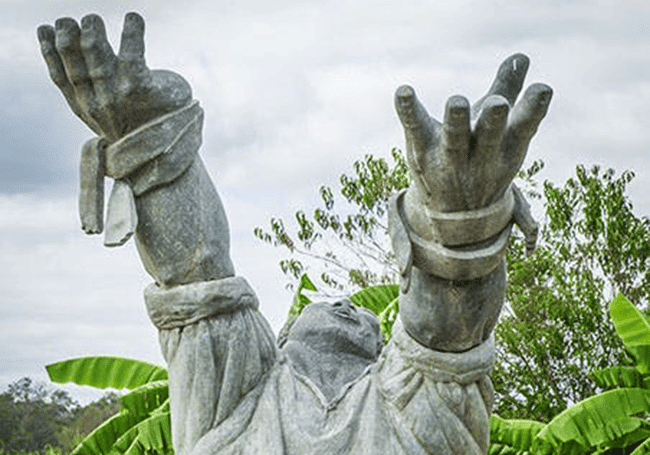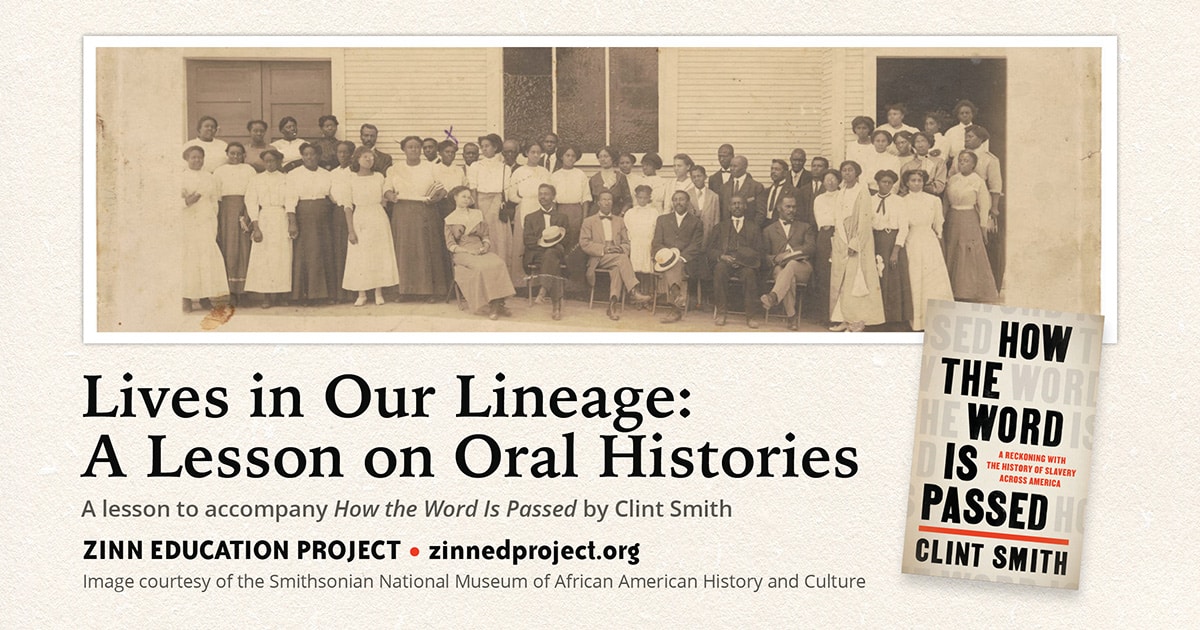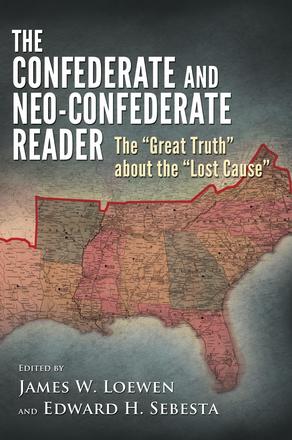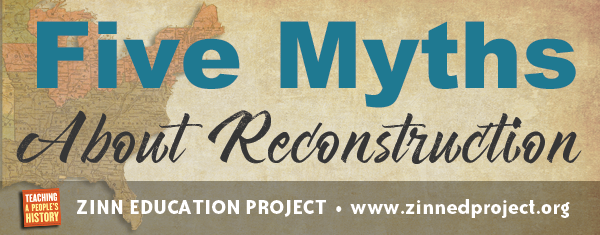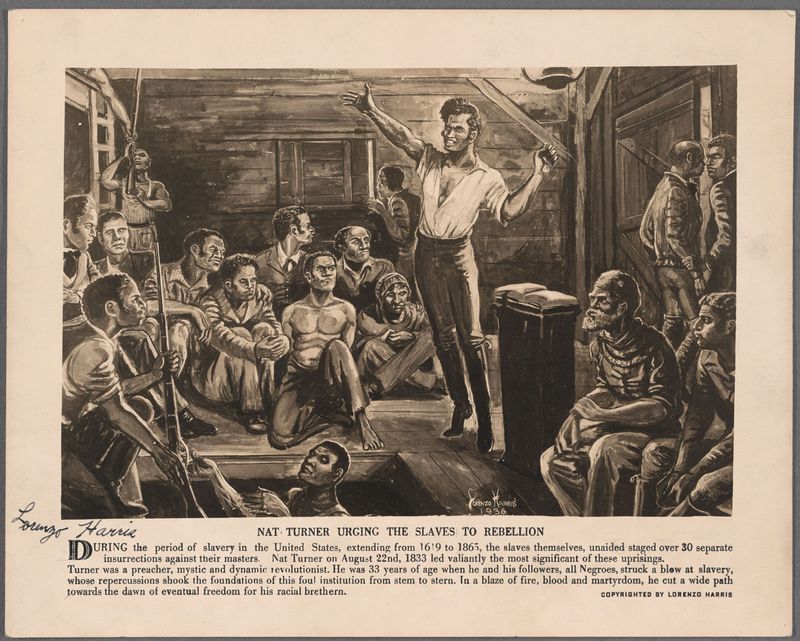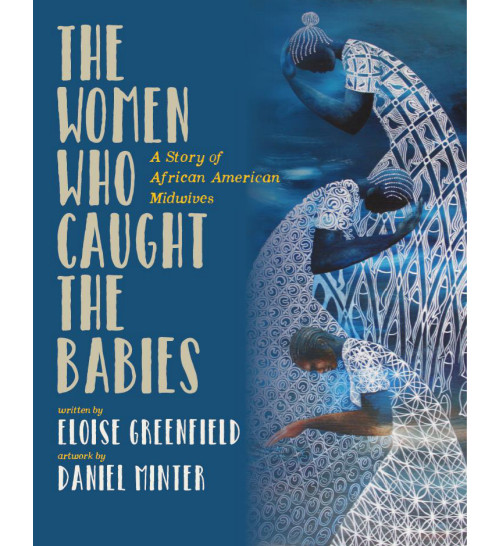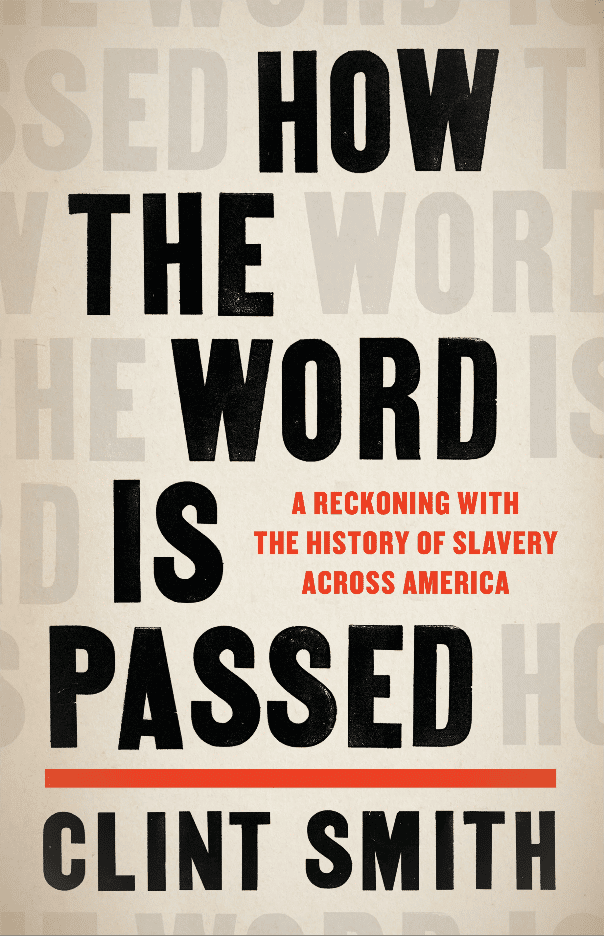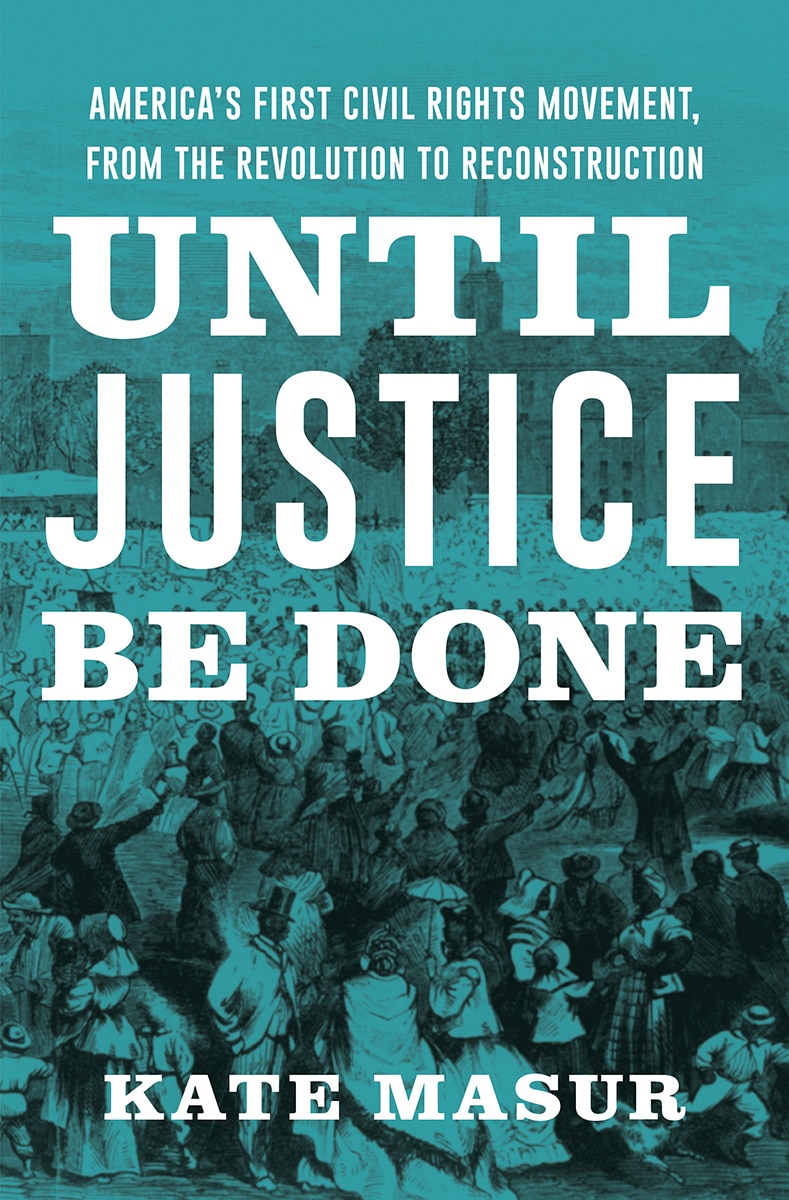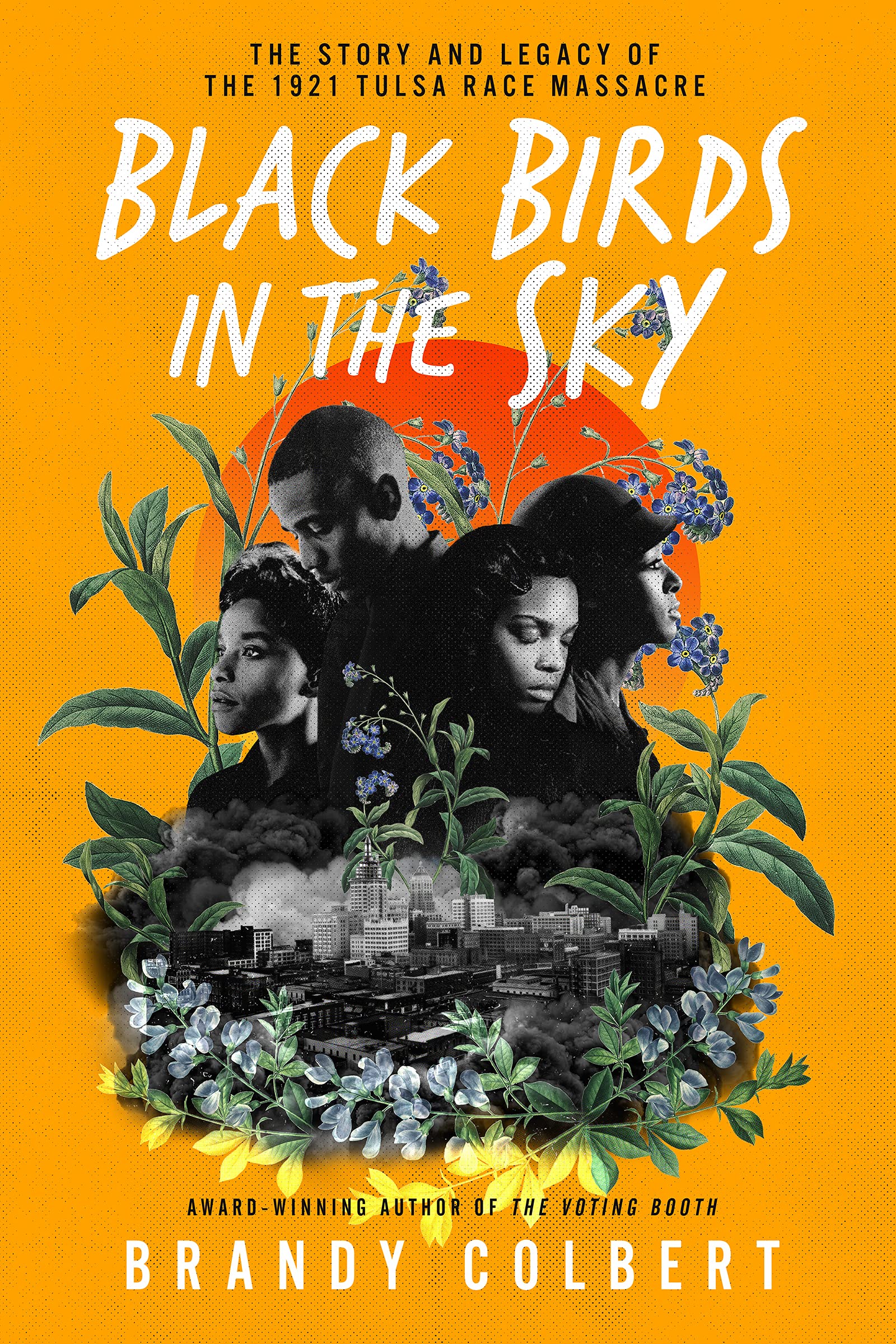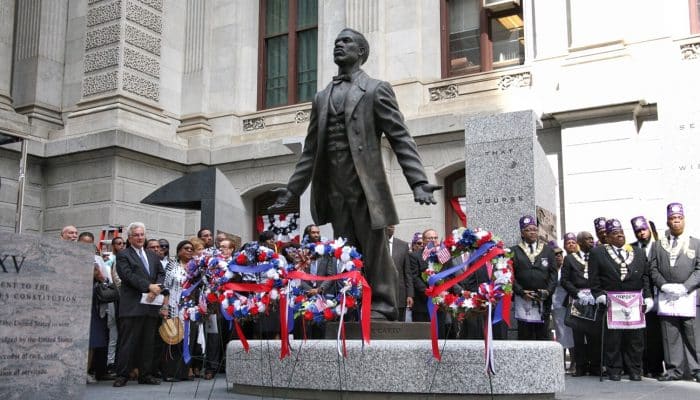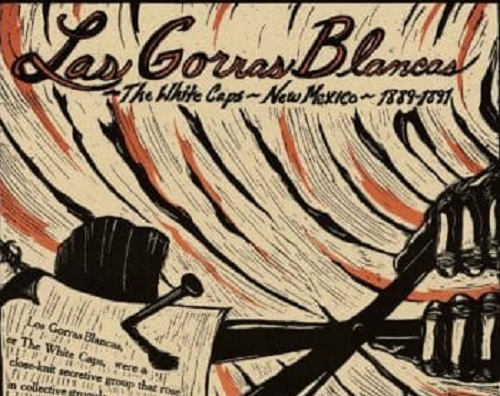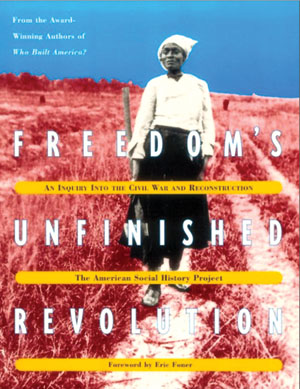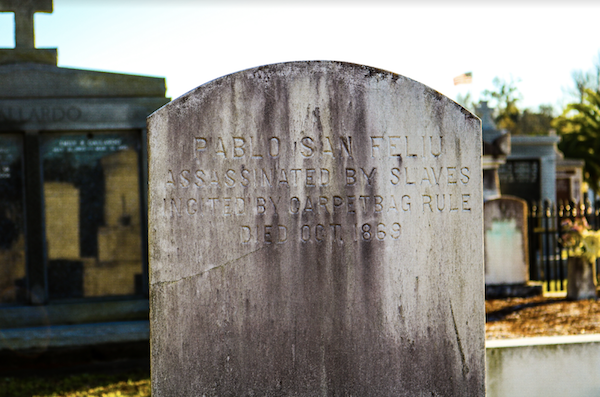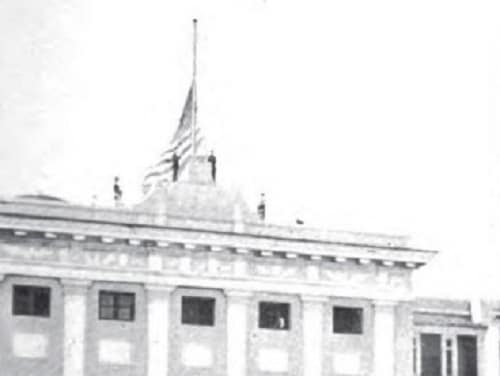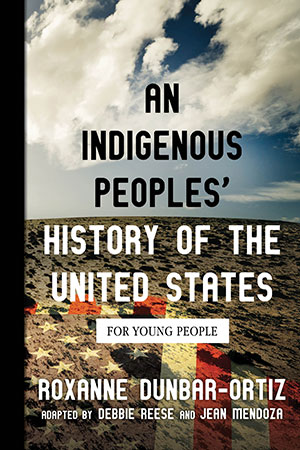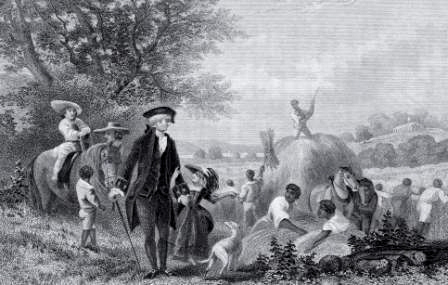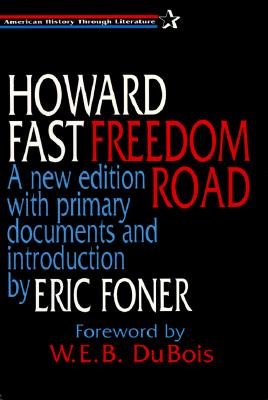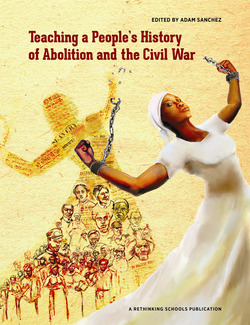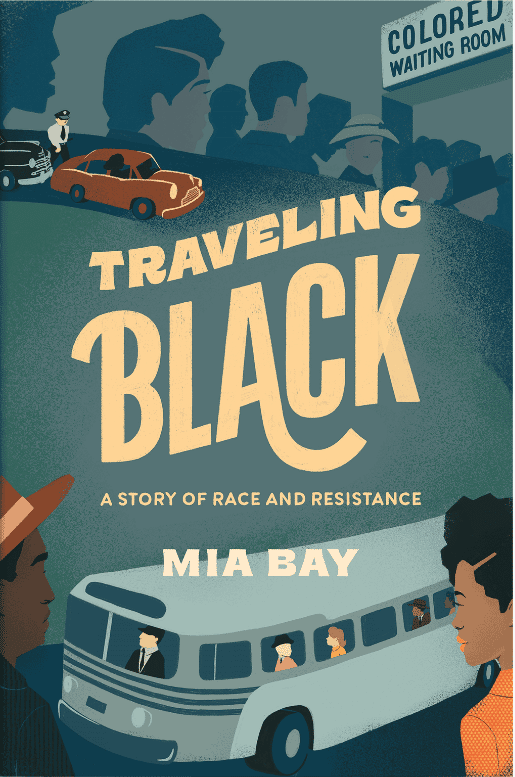August First Day became a symbol of hope for enslaved people and abolitionists in the United States when Britain passed the Slavery Abolition Act in 1834, abolishing slavery throughout its colonies around the world.
Continue reading
Teaching Activity. By Bill Bigelow, Jesse Hagopian, Cierra Kaler-Jones, Ana Rosado, and Ursula Wolfe-Rocca.
Students read about sites of memory in How the Word Is Passed and imagine how to commemorate what occurred there. They then compare that to how the respective site is currently commemorated and described by docents.
Continue reading
Teaching Activity. By Cierra Kaler-Jones.
In this lesson, students use key excerpts from How the Word Is Passed by Clint Smith as inspiration for a project where they tell their and their loved ones’ stories.
Continue reading
Book — Fiction. By Louise Erdrich. 1999. 244 pages.
Historical fiction set in the mid-19th century in the Lake Superior area.
Continue reading
Book — Non-fiction. Edited by James W. Loewen and Edward H. Sebesta. 2010. 484 pages.
Primary documents on the causes of the Civil War.
Continue reading
Book — Fiction. By Tim Tingle. 2014. 326 pages.
A young girl's story of growing up in Indian Territory in pre-statehood Oklahoma.
Continue reading
Article. By James W. Loewen. 2015.
Overview of five common fallacies that Americans still tell themselves about the Reconstruction era.
Continue reading
Nathaniel Turner launched one of the most historic revolts to end enslavement.
Continue reading
Picture book. By Eloise Greenfield. Illustrated by Daniel Minter. 2019. 32 pages.
This unique picture book begins with historical background on the work of midwives and then switches to poetry to tell vignettes from lives of midwives during slavery, emancipation, and today.
Continue reading
Book — Non-fiction. By Clint Smith. 2021. 336 pages.
An examination of how monuments and landmarks represent — and misrepresent — the central role of slavery in U.S. history and its legacy today.
Continue reading
Book — Non-fiction. By Kate Masur. 2021.
The movement for equal rights in the decades before the Civil War.
Continue reading
Book — Non-fiction. By Brandy Colbert. 2021. 216 pages.
History of Oklahoma including Trail of Tears, Reconstruction, Black towns, Red Summer, Jim Crow, Black and white newspapers, lynchings, Tulsa Race Massacre, and the ongoing fight for reparations and historical memory.
Continue reading
Philadelphia, Pennsylvania Black educator, baseball player, and civil rights activist Octavius V. Catto was murdered by a white supremacist on election day.
Continue reading
The populist Las Gorras Blancas published a human rights declaration.
Continue reading
Teaching Guide. By American Social History Project with foreword by Eric Foner. 1996.
Primary documents, essays, and questions to teach the untold story of Reconstruction.
Continue reading
The St. Bernard Parish massacre of African Americans was carried out by white men to terrorize the recently emancipated voters in Louisiana.
Continue reading
Book — Non-fiction. By Roxanne Dunbar-Ortiz; adapted by Debbie Reese and Jean Mendoza. 2019. 244 pages.
The original academic text is fully adapted by renowned curriculum experts Debbie Reese and Jean Mendoza, for middle-grade and young adult readers.
Continue reading
Teaching Activity. By Bob Peterson. Rethinking Schools. 7 pages.
How a 5th grade teacher and his students conducted research to answer the question: “Which presidents owned people?” Available in Spanish.
Continue reading
Teaching Activity. By Bill Bigelow. 10 pages.
What led up to the Trail of Tears? In this lesson, students learn about the decision to remove the Cherokee and Seminole people from their lands.
Continue reading
Book — Fiction. By Howard Fast. 1944. 294 pages.
The politics and economics of Reconstruction told through memorable historical fiction.
Continue reading
Teaching Guide. Edited by Adam Sanchez. 2019. Rethinking Schools. 181 pages.
Students will discover the real abolition story, one about some of the most significant grassroots social movements in U.S. history.
Continue reading
Book — Non-fiction. By Mia Bay. 2021. 400 pages.
From stagecoaches and trains to buses, cars, and planes, this book explores racial restrictions on transportation and resistance to the injustice.
Continue reading

